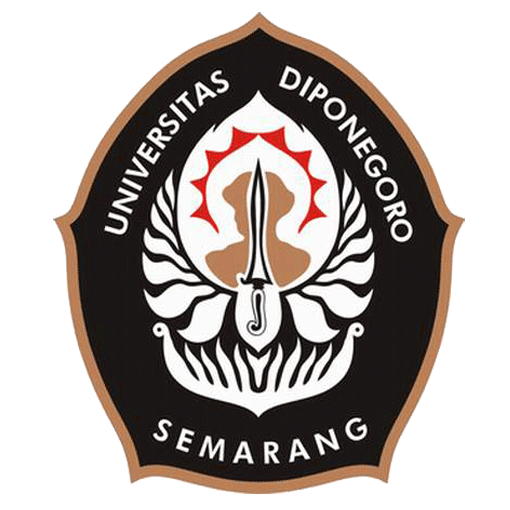SEMARANG – Choosing a study program that suits the interests, talents, and abilities is very important as later in the future, it will contribute in determining the type of work someone will pursue.
The Dean of the Faculty of Psychology Undip, Dian Ratna Sawitri, said various problems that might arise before the decision-making process includes lack of motivation, doubtful personality, and an unclear formulated ideal to be achieved. According to her, ideals are targets to be achieved by someone within a certain period of time regarding a job that they want to rely as their main livelihood.
“Although seemingly trivial, an ideal determine the direction of a person in trying, how far they are trying, how seriously they explores the ability to achieve it, and the urge to think about what they really wants from obtaining success in achieving these ideals,” she said.
Logically, clear ideals make it easy for prospective students to choose study programs that will lead them to achieve these aspirations. Then, what about prospective students who do not yet know for certain the ideals they want to achieve?
Sawitri explained the exposure to career role models (certain position figures that become role models), wealth of information about oneself, knowledge of various careers and employment conditions, financial conditions and others, are key dimensions that can lead individuals to formulate their goals and finally being able to make decisions about the right study course for them.
“Exposure to a career role model is useful in providing a real picture of the roles performed by someone who is engaged in a particular profession, the following personality traits and competencies that must be possessed, the educational path that must be traversed, and the supporting resources needed in the journey to achieve these career targets, as well as lifestyle that is lived, ” she explained.
She further emphasized the exposure of career role models needed to ground ideal images into real images that help prospective students determine whether they really have certain ideals that can be achieved through their choice of study programs.
Some prospective students are quite lucky because career role models can be obtained from their environment. But many other prospective students are first generation college students, the first generation in their families who will receive higher education.
“The availability of career role models in this last situation might not yet exist. If faced with this situation, prospective students are expected to be proactive in seeking information outside their families, for example from schools, alumni, friends, or the organizations they are participating in, ” she said.
Sawitri said that prospective students also need to do introspection about what activities they can do well and what activities that they are not. In what field of activities that they can achieve something, and in what field that they must exert more effort than their friends to achieve the same goal.
“Once this is identified, exploration can continue on what activities they are interested in and prioritize to do in their spare time, as well as on what activities they cannot enjoy,” she said.
She added that knowledge about the study program and the university in question is also needed to understand the variety of professors’ expertise in the intended study program, scientific fields that excel, costs needed to complete education, and expected graduate profiles.
Furthermore, she continued, the prospective students could explore the availability of educational scholarships according to their conditions. They may explore information about scholarships from the government, from the intended college, from the university’s stakeholders, as well as other sources.
“Without adequate knowledge, it is rather difficult for students to have a real picture of the new world they will face,” Sawitri said.
When information on technical matters has been mastered, the extent to which prospective student preferences the importance of expectations, direction, and support of parents for the chosen study program and the intended university are very necessary.
